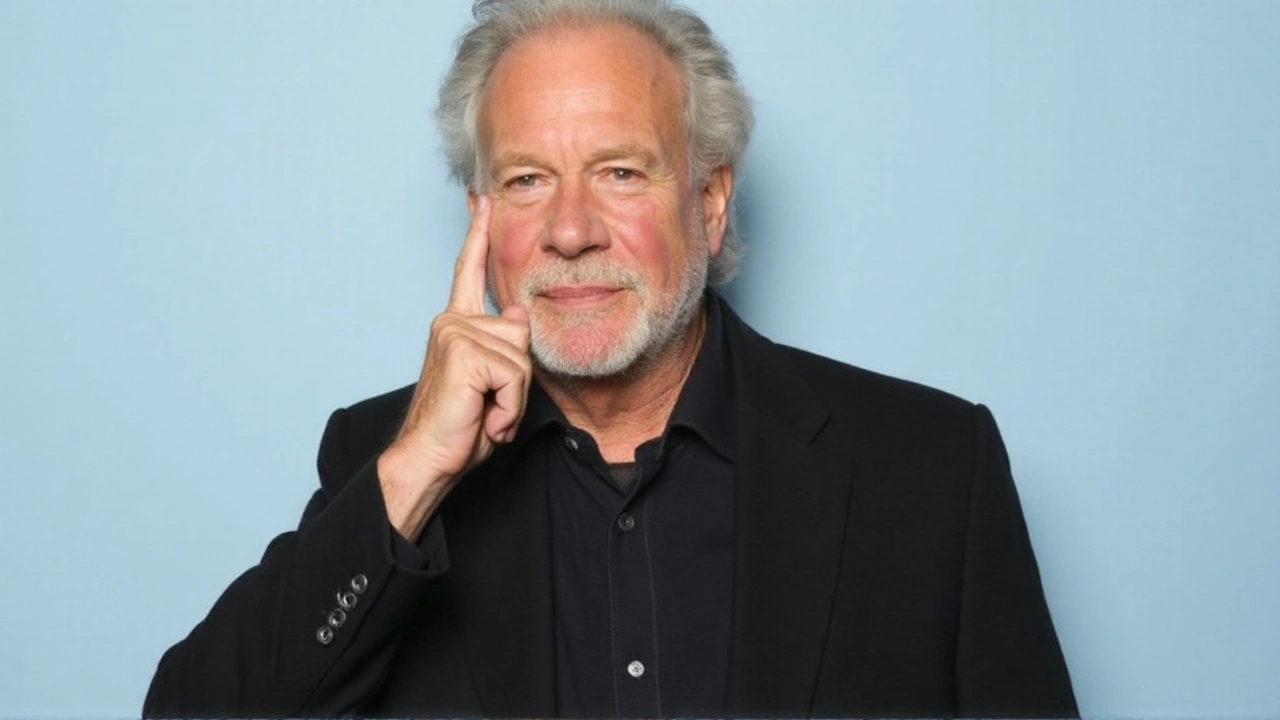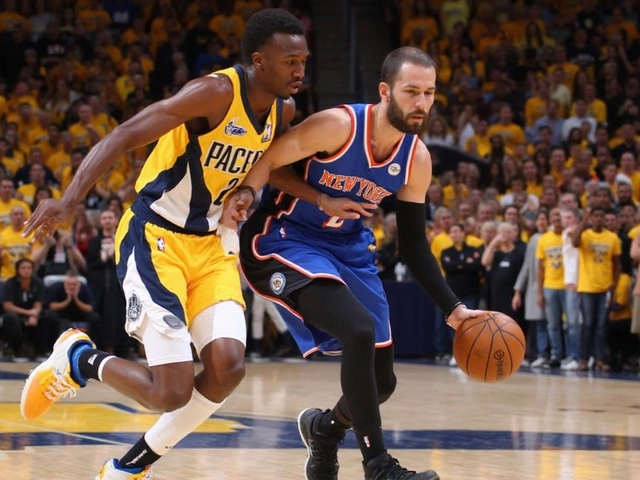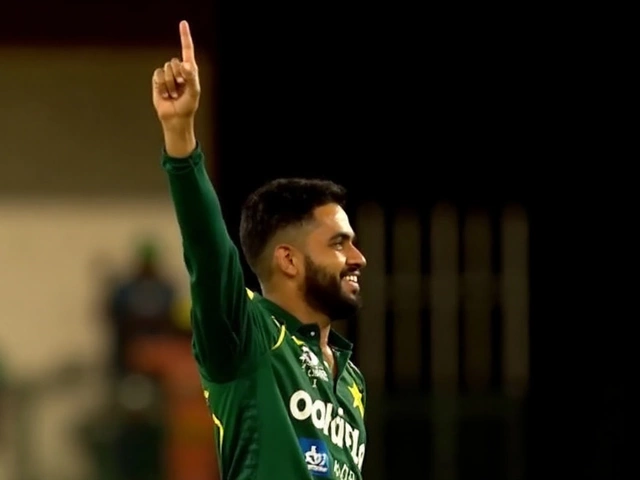Contract Essentials for Coaches, Players and Sports Professionals
If you work in sports, a contract is more than a piece of paper – it protects your rights, sets expectations, and can save you headaches later. Whether you’re a coach signing with a club, a player negotiating a new deal, or a parent reviewing a junior athlete’s agreement, knowing the basics helps you stay in control.
Why contracts matter in sports
First off, contracts spell out the details that everyone expects: salary, length of the deal, duties, and what happens if something goes wrong. Without a solid contract, you might end up with unpaid wages, unclear playing time, or a sudden termination that leaves you stranded. Clubs use contracts to keep budgets on track, while athletes use them to secure financial stability and protect their brand.
Another key point is that contracts often include clauses about injuries, performance bonuses, and image rights. These clauses can be a game‑changer – a well‑written injury clause could cover medical costs, while a smart image‑rights clause ensures you get paid for endorsements. Ignoring these details can cost you money and future opportunities.
Tips for negotiating a solid contract
Start by doing your homework. Look at recent deals in your league, talk to teammates or fellow coaches, and get a sense of the market rate. Knowing the average salary or fee gives you confidence when you ask for fair pay.
Next, focus on the non‑money items. Flexibility in training schedules, guaranteed playing time, or a clear release clause can be as valuable as the paycheck. Ask yourself: what would make the job easier or more enjoyable? Bring those points into the negotiation.
Never sign anything until you’ve read every line. If a clause sounds vague, ask for clarification or a rewrite. It’s normal to request a lawyer or an experienced agent to look over the contract – they spot hidden risks you might miss.When you negotiate, stay polite but firm. Frame your requests as ways to help both parties succeed, not just personal demands. For example, “A performance bonus tied to team wins motivates me to give my best and benefits the club’s results.”
Finally, keep a copy of the signed contract in a safe place and track important dates like renewal windows or notice periods. Setting reminders ensures you’re prepared when you need to renegotiate or move on.
This tag page gathers the latest news, stories, and advice about contracts in the sports world. You’ll find updates on coach appointments, player transfers, and legal battles that illustrate how contracts shape the game. Browse the posts to see real‑life examples and stay ahead of the curve.
Remember, a good contract protects you and helps you focus on what you love – playing, coaching, or supporting the sport. Treat it like a partnership agreement, ask questions, and never settle for less than what you deserve.
Kieran Lockhart, Aug, 7 2025
SiriusXM May Drop Howard Stern’s Live Shows, Seeks Deal for Archive Rights
SiriusXM is rethinking its future with Howard Stern, considering a deal to keep his massive archive instead of renewing his costly contract. The satellite radio giant faces financial pressure, declining audience numbers, and a shifting platform strategy as Stern's current deal ends in 2025.
View More




